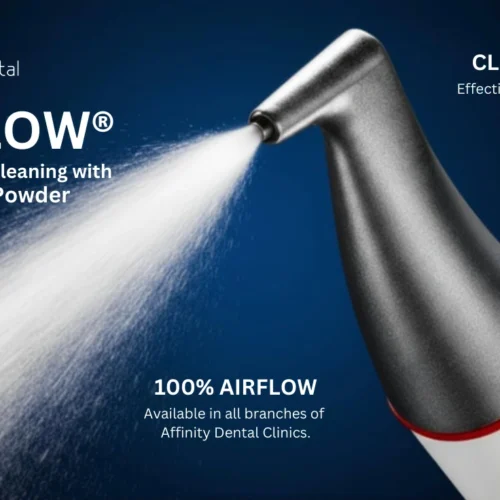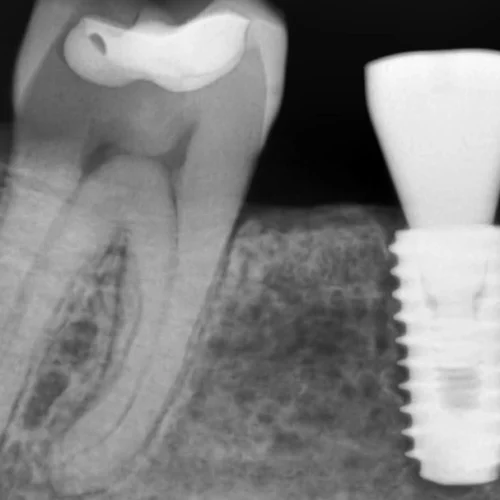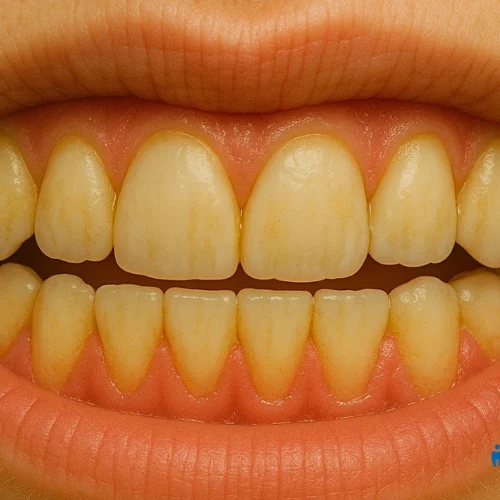Toothaches and Tooth Pain: Symptoms, Causes, and Relief
A toothache is one of those pains you just can’t ignore. Whether it’s a sharp sting when you bite, a dull throb that keeps you awake at night, or sudden pain that comes and goes, toothaches and tooth pain can make everyday life difficult.
People often ask the same questions: Why does my tooth hurt? What causes a toothache? How can I stop tooth pain?Let’s look at the common symptoms, possible causes, treatment options, and when it’s time to see a dentist.
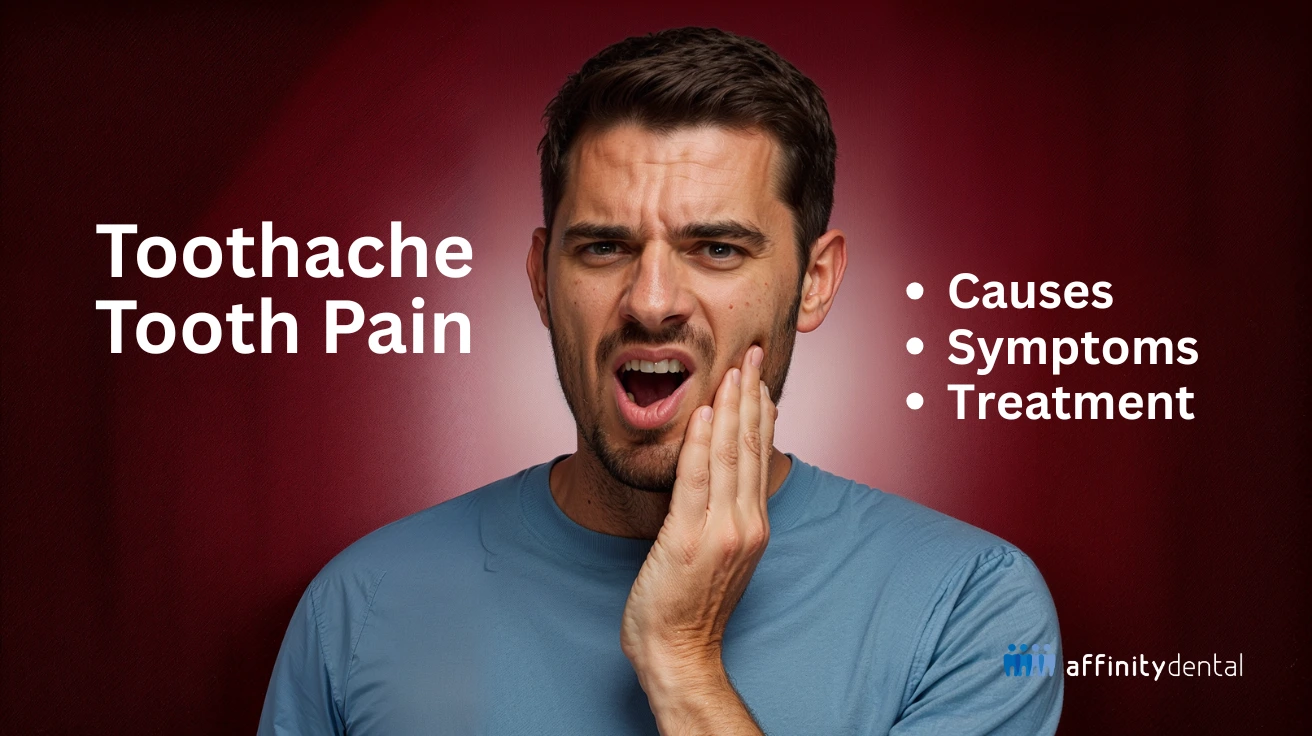
Symptoms of Toothaches and Tooth Pain
Tooth pain can feel different depending on what’s causing it. Common symptoms include:
- Sharp or shooting pain when chewing or biting
- Sensitivity to hot, cold, or sweet food and drinks
- Throbbing pain that doesn’t go away
- Swelling of the gums or face
- Pain that spreads to the jaw, ear, or head
- Tooth pain that worsens at night or when lying down
If any of these symptoms last more than a day or two, it’s time to consult your dentist.
Common Causes and Treatments for Toothaches
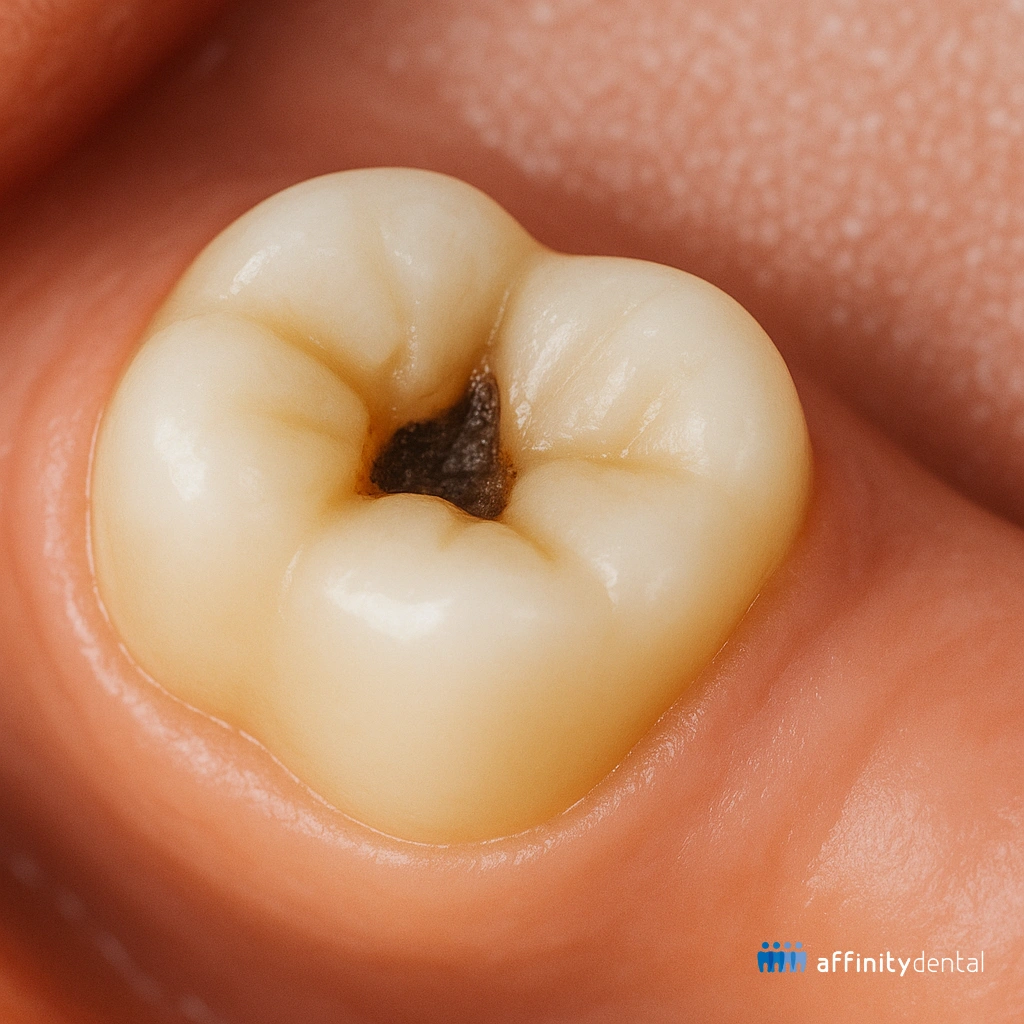
1. Cavities (Tooth Decay)
Cause: Bacteria create holes in the enamel, exposing the sensitive dentin or pulp.
Treatment: Dental fillings or, for deeper decay, root canal treatment and a crown.
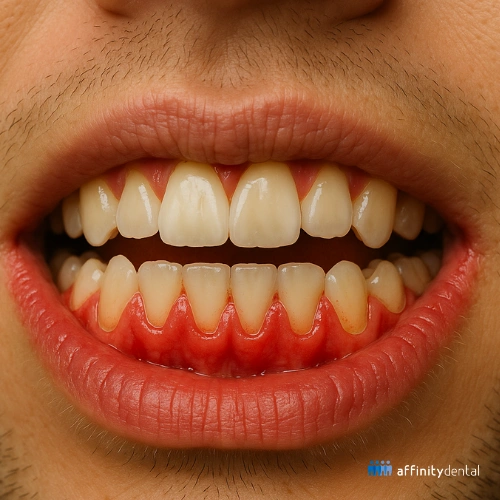
2. Gum Problems (Gingivitis/Periodontitis)
Cause: Plaque buildup leads to inflamed, bleeding gums and bone loss around teeth.
Treatment: Professional cleaning, scaling and root planing, and improved home care. Advanced cases may need periodontal treatment.
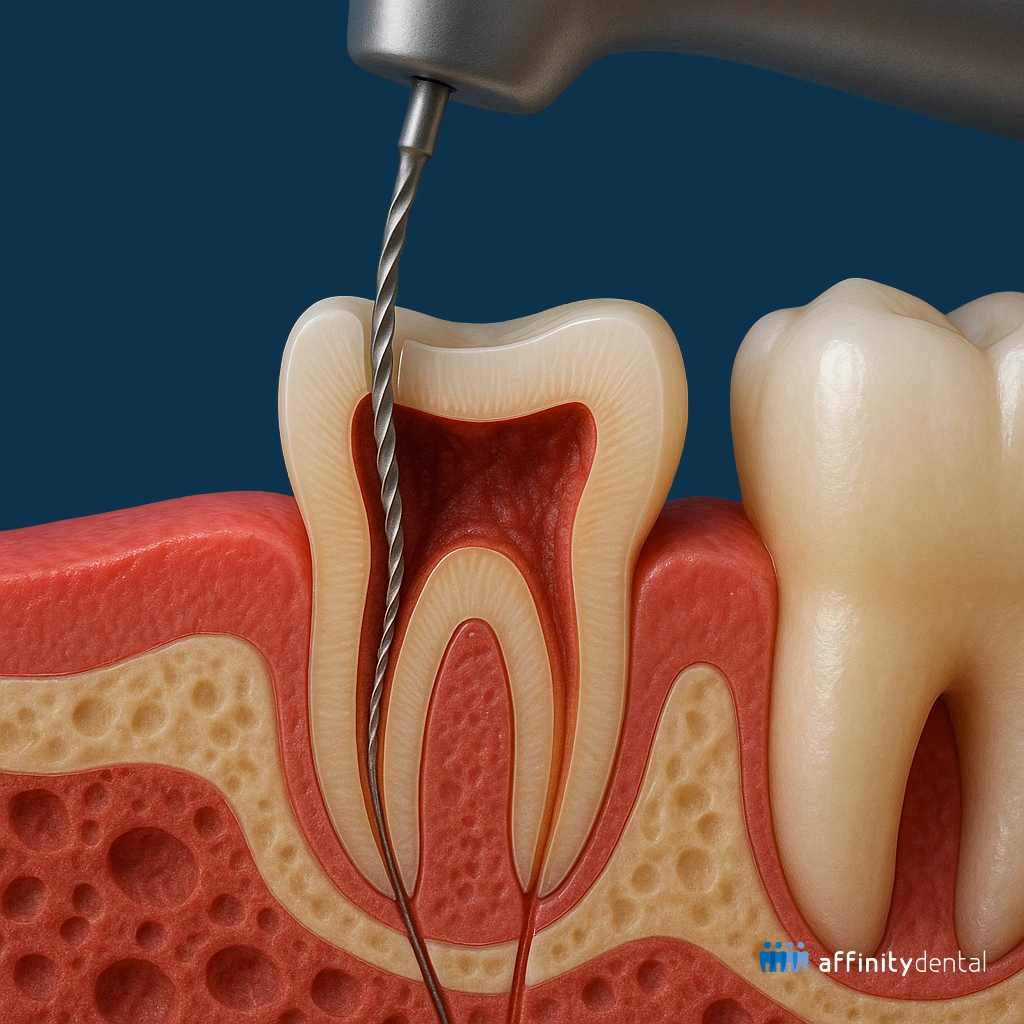
3. Tooth Infection (Abscess)
Cause: Bacteria infect the pulp or root, causing pus, swelling, and throbbing pain.
Treatment: Root canal treatment or extraction to eliminate infection, plus antibiotics if needed.
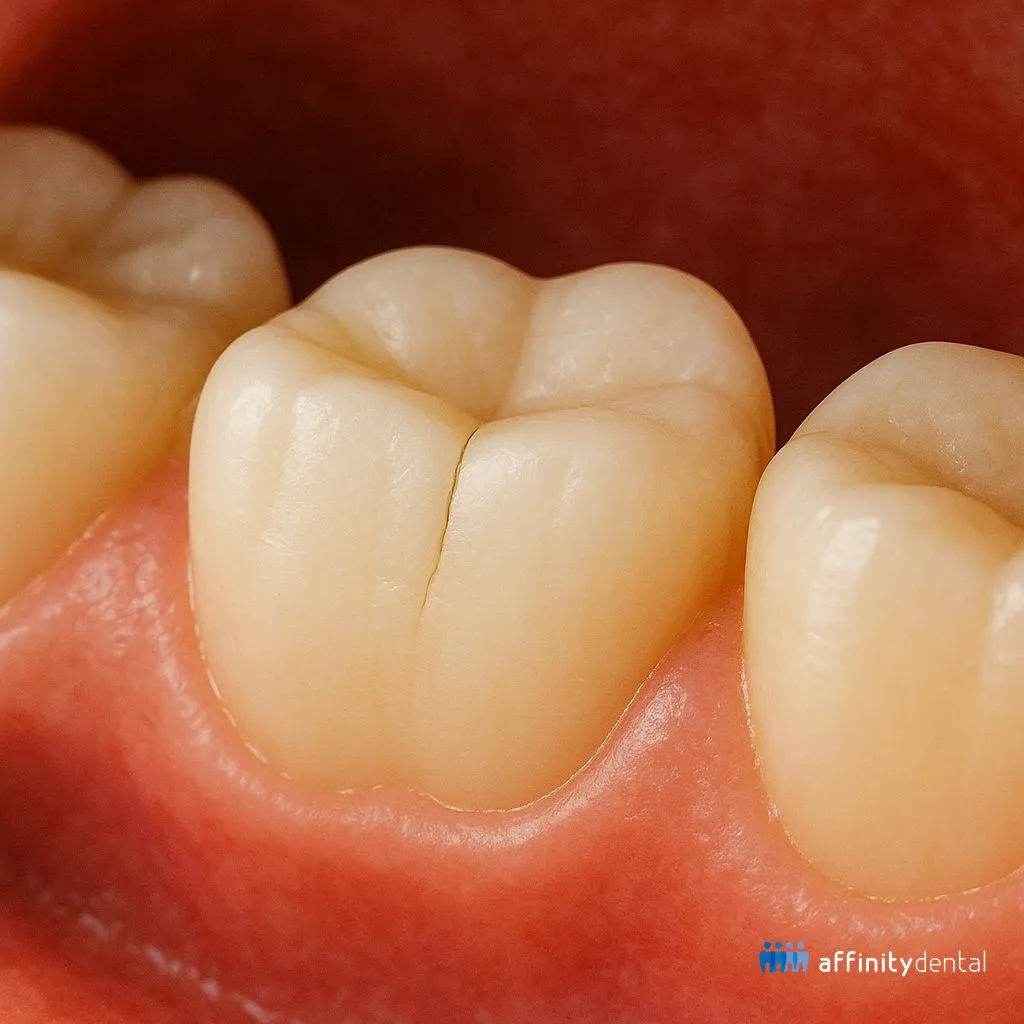
4. Cracked or Broken Tooth
Cause: Biting hard food, trauma, or weakened enamel causes cracks.
Treatment: Depending on severity—bonding, crown, root canal, or extraction.
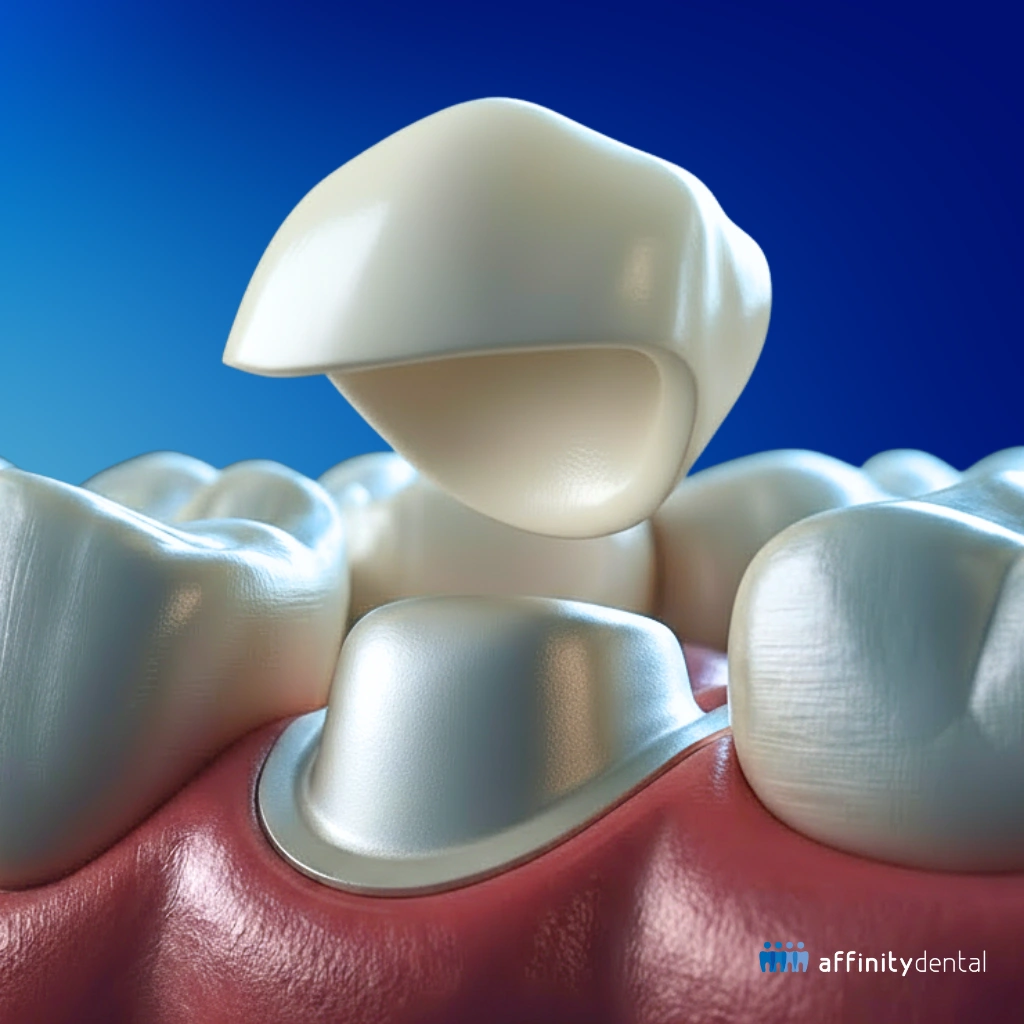
5. Worn Fillings or Dental Work
Cause: Old restorations can loosen or crack, exposing sensitive areas.
Treatment: Replacement with a new filling, crown, or restoration.
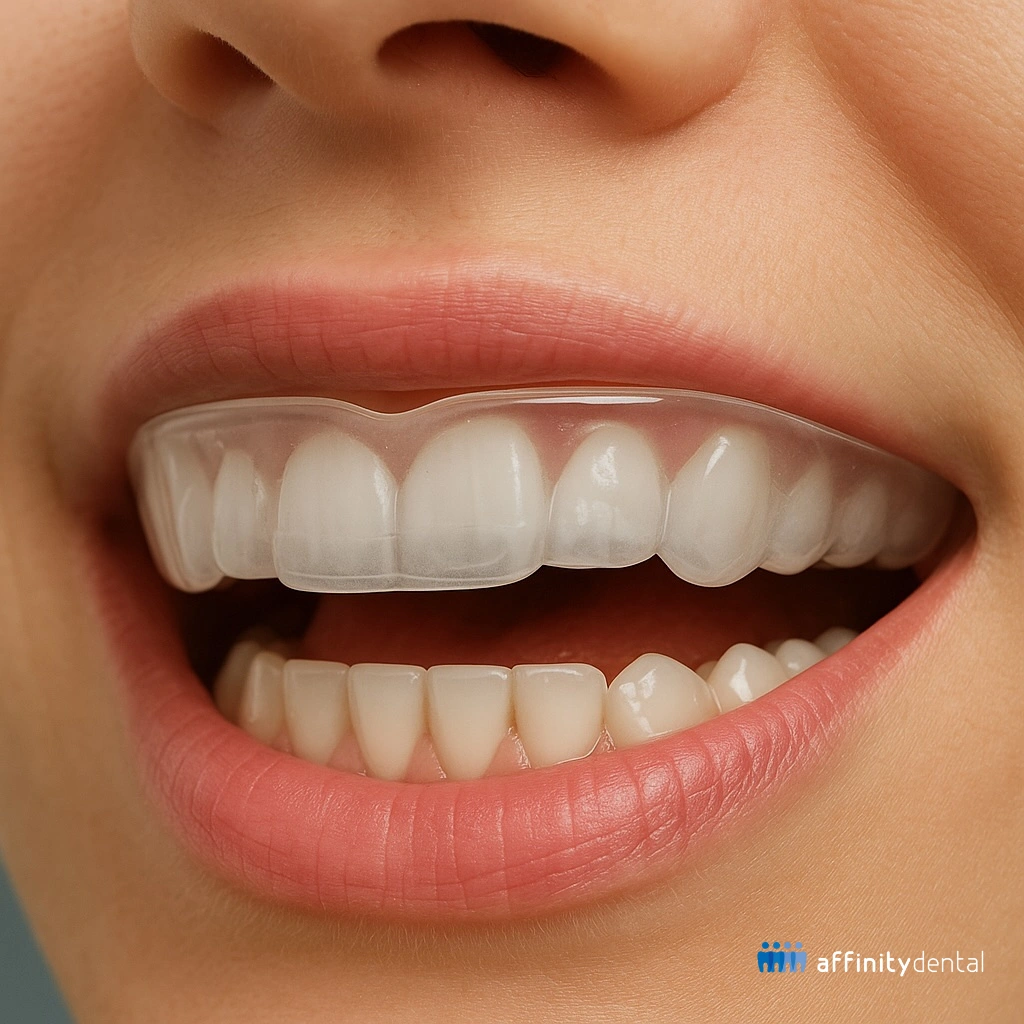
6. Grinding or Clenching (Bruxism)
Cause: Stress or sleep habits wear down teeth and strain the jaw.
Treatment: Night guards, stress management, or orthodontic correction in severe cases.
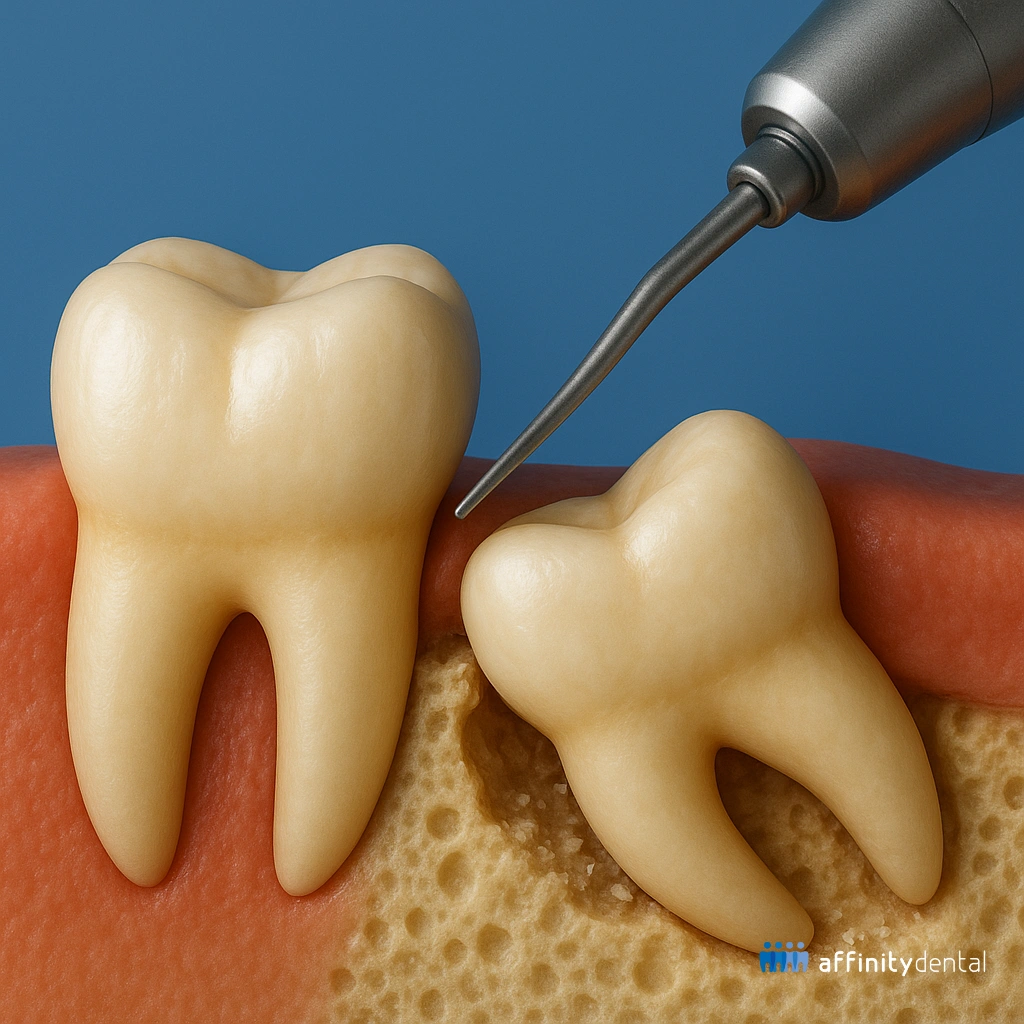
7. Wisdom Teeth
Cause: Impacted or erupting wisdom teeth push against nearby teeth, causing swelling and pain.
Treatment: Extraction by an oral surgeon.
Quick Relief While Waiting for Your Appointment
- Rinse with warm salt water to reduce inflammation
- Take over-the-counter pain relievers (as advised by your doctor)
- Apply a cold compress on the cheek
- Avoid very hot, cold, or sweet foods until you’re treated
Remember, these are only temporary measures. They won’t fix the problem.
When to See a Dentist
You should schedule a dental appointment if:
- Toothache lasts more than 1–2 days
- Pain is severe or interferes with daily activities
- Swelling is visible in your gums, jaw, or face
- You have fever, ear pain, or difficulty opening your mouth
Frequently Asked Questions About Toothaches
1. How can I stop tooth pain fast?
Over-the-counter pain relievers, saltwater rinses, and a cold compress on the cheek may temporarily ease tooth pain. But these are short-term fixes — only a dentist can treat the root cause.
2. Can a toothache go away on its own?
Sometimes mild sensitivity may fade, but most toothaches caused by cavities, infection, or cracks will not go away without dental treatment. Ignoring tooth pain usually makes the problem worse.
3. Why do toothaches get worse at night?
When lying down, more blood flows to your head, which can increase pressure and make a toothache feel stronger. Grinding teeth at night (bruxism) can also cause morning pain.
4. What medicine is good for tooth pain?
Over-the-counter pain relievers such as ibuprofen or paracetamol (taken as directed) can help with toothache symptoms. Avoid applying aspirin directly to the tooth or gums, as this can cause burns.
5. When should I see a dentist for tooth pain?
If the pain lasts more than a day or two, keeps you awake, or comes with swelling, fever, or difficulty chewing, you should see a dentist immediately.
Don’t Wait in Pain — Get Relief at Affinity Dental Clinics
At Affinity Dental Clinics, our team of dentists and specialists can diagnose the exact cause of your toothache and provide the right treatment — from simple fillings to root canal therapy, extractions, or gum treatment.
📍 We have branches in Makati, BGC, Alabang, Ortigas, Parañaque, and Cebu.
✅ Walk-ins are welcome (subject to available slots).
📅 You can also book an appointment online or by phone to secure your preferred schedule.
Your comfort and oral health are our priority. If you are experiencing tooth pain, don’t wait for it to get worse. Let us help you find lasting relief.
Final Word
Toothaches and tooth pain are signs that something is wrong — whether it’s a cavity, gum problem, cracked tooth, or infection. Each cause has a specific treatment, but the earlier you see a dentist, the easier it is to save your tooth and relieve pain.
If you have a toothache today, book an appointment with Affinity Dental Clinics or walk in at your nearest branch. Relief is just one visit away.

